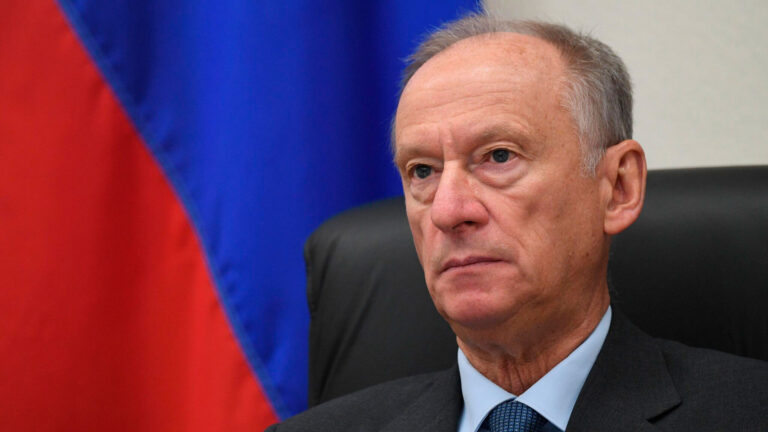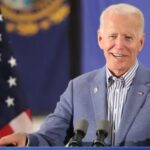After the Kremlin announced Vladimir Putin’s decision to run for Russian presidency, the future state political architecture upon the national elections scheduled for March 17, 2024, has been formatted. Putin’s candidacy in a race is a predictable event, because despite his low ratings (below 30%), he remains the most recognizable and supported Russian politician. Total mopping-up of the opposition and absence of people from the pro-presidential environment who would openly demonstrate presidential ambitions leave Putin’s candidacy as the only one capable of winning the elections. Despite the shown elite consensus regarding his candidacy, high competition and intra-elite struggle for power and authority in the country after the elections still exist. The situation regarding Nikolai Patrushev, whose powers and influence have equalized with the president’s ones in recent months, is still not clear. We are convinced of observing large-scale fraud during the voting. To this end, elections will be held over three days and poll will take place in public places.
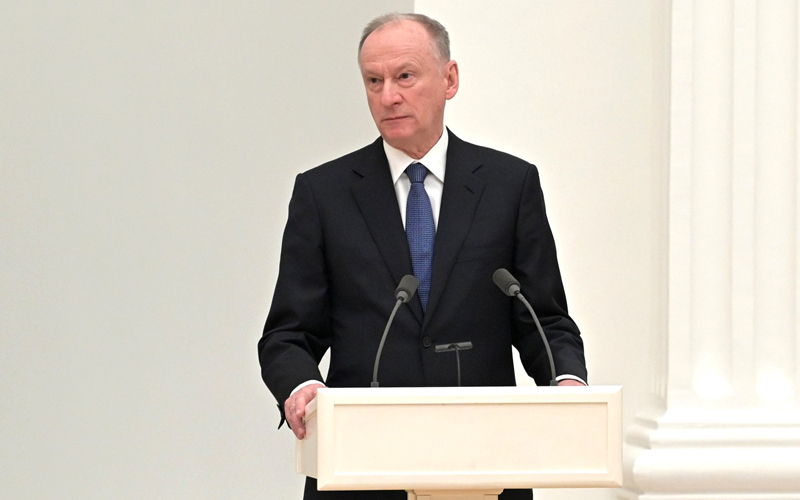
More on this story: Prigozhin’s rebellion in Russia: national political consequences analysis
We estimate that the elections will bring many changes in the federal government of the country. We do not rule out a new Prime Minister and Speaker of the State Duma. Uncertainty remains regarding Alexander Bortnikov, the director of the Federal Security Service, who has shown a desire to leave his position. It is likely that his post will be taken by Nikolai Patrushev’s creature, who will receive both formal and informal control of internal intelligence. Sergei Korolev, the First Deputy Director of the Federal Security Service, who controls the agency in the interests of Nikolai Patrushev, has the highest chances in this appointment.
We still believe in our previous forecast that Dmitry Patrushev will be appointed as a prime minister,which will allow him to inherit the presidency in case of Putin’s further ‘post abdication’ according to the Putin-Yeltsin scenario in 2000. This is the only possible short-term mechanism to win the presidency, bypassing elections.
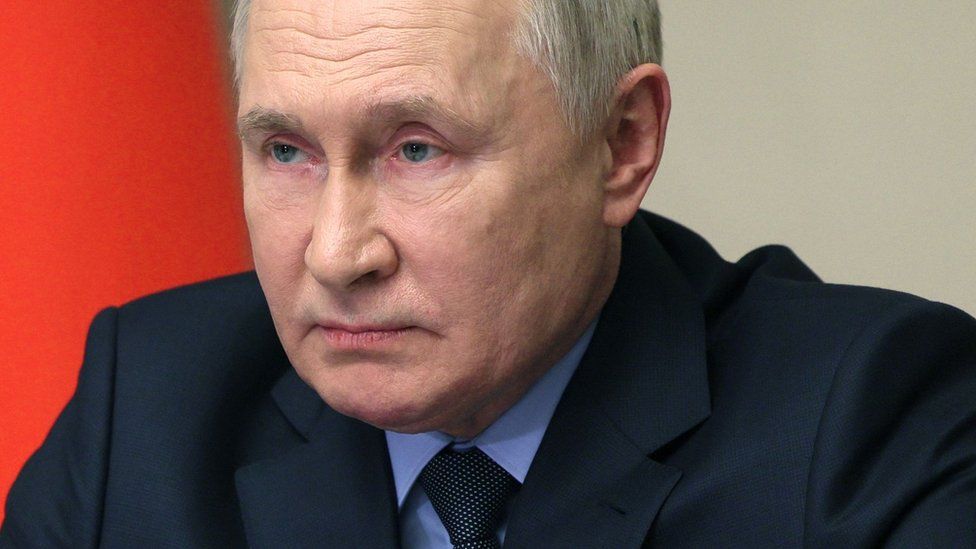
More on this story: Reasons and indicators for political shifts in Russia
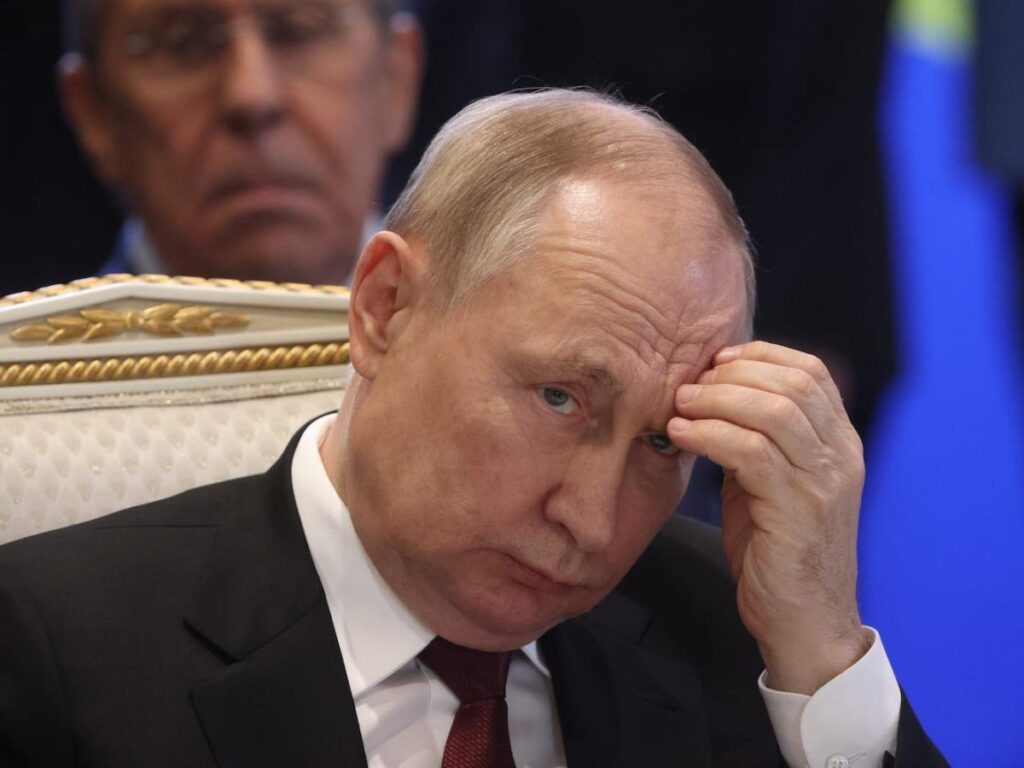
More on this story: How dynamically the influence of Putin’s close circle changes
23 years of state propaganda and the cult of Putin’s personality do not allow the ruling elites to nominate another candidate for the presidency. Nikolai Patrushev has been lobbying for his son’s candidacy as Putin’s successor for a long period of time, but such a scenario can be actualized only through the procedure of presidency inheritance according to the norms of the Constitution. Putin’s subsequent abdication may be caused by his inability to exercise power for health reasons. We have mentioned about Putin’s serious health problems and possible legal capacity loss since 2020.
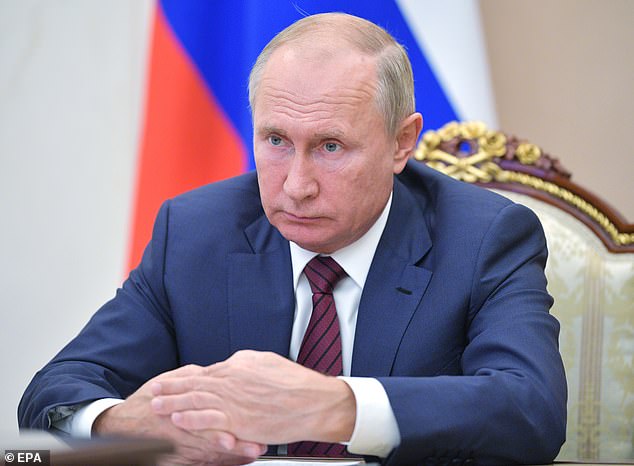
More on this story: Putin’s health rumors as a sign of power shift
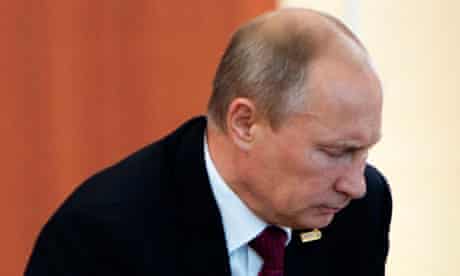
It is likely that Defense Minister Sergei Shoigu and Foreign Minister Sergei Lavrov will retain their posts in the future government. There is a high probability that Sergey Naryshkin will still serve as the director of the Foreign Intelligence Service. Such a scenario would mean that the Kremlin has agreed to share responsibility for the war against Ukraine. Thus, Russia will continue the war. We expect a gradual weakening of the influence of the business wing of Putin’s entourage (Kovalchuk, Timchenko and others). Perhaps, subsequently they will fall under the influence of Nikolai Patrushev. However, following this environment shift, they will significantly lose their influence, and their role will be limited to shadowy sponsorship of Patrushev’s projects. Doubtfully, even if Dmitry Patrushev is appointed as prime minister, he will become an independent player due to his father’s wish to maintain his influence in the country.
After the 2024 elections Russian political course will remind the politics of the Soviet Union of the 1980s. It will continue following the anti-West policy and make it even more intense. It is unlikely that Moscow will attempt to end the war in Ukraine. The number of Russian intelligence operations abroad will increase significantly. Their priority will be aimed at interfering in elections in NATO countries.
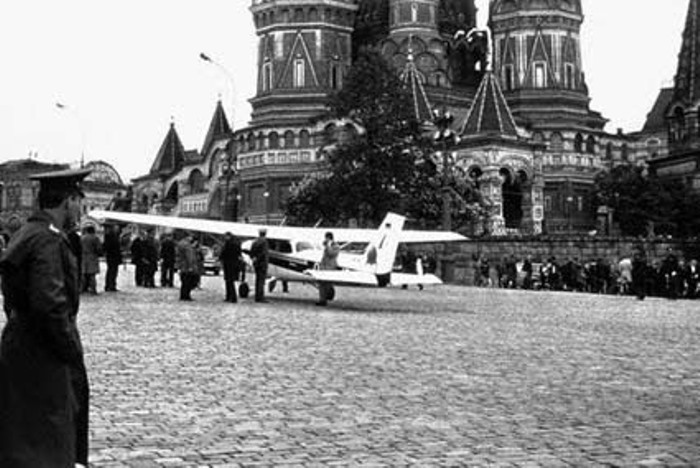
More on this story: Kremlin uses outdated tools and ideologemes that now yield minimal effect
Obviously, the Kremlin will avoid any attempts to expand freedoms. It will strive to avoid the internal processes that, in its opinion, caused the fall of the Soviet Union. Therefore, we believe that the government will intensify the fight against freedom of speech and introduce censorship on social Internet media.The Russian authorities’ actions will borrow more elements from KGB-era operations. Thus, Russia will finally leave the democratic track.
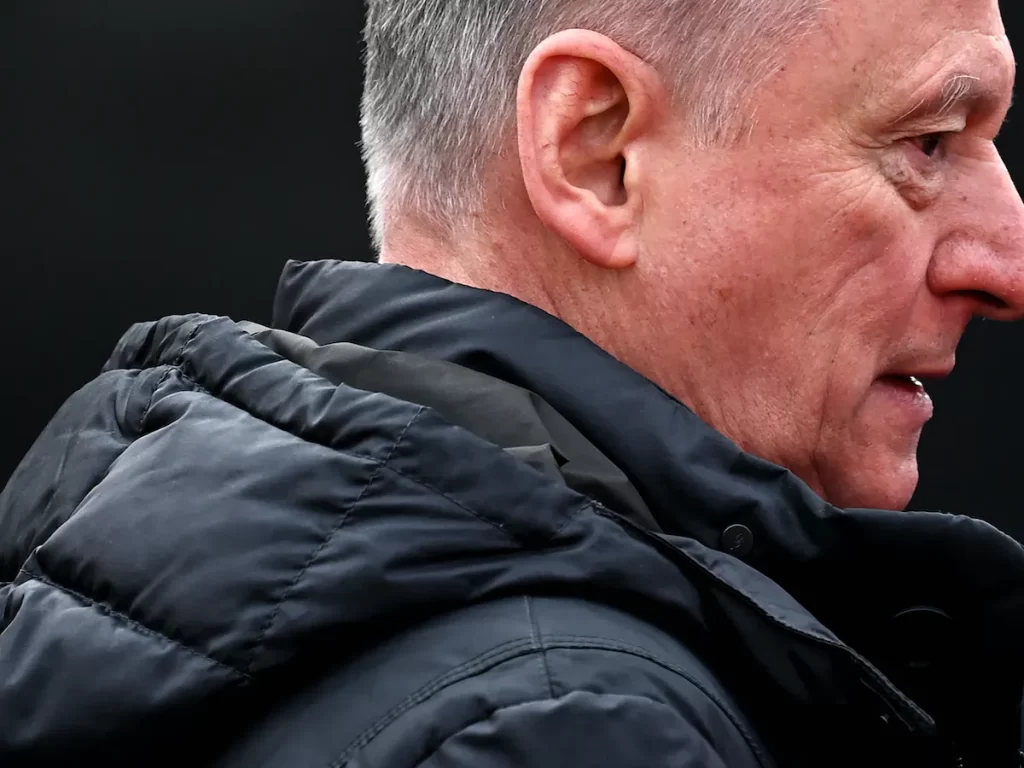
More on this story: Psychological profile of the Secretary of the Russian Security Council


